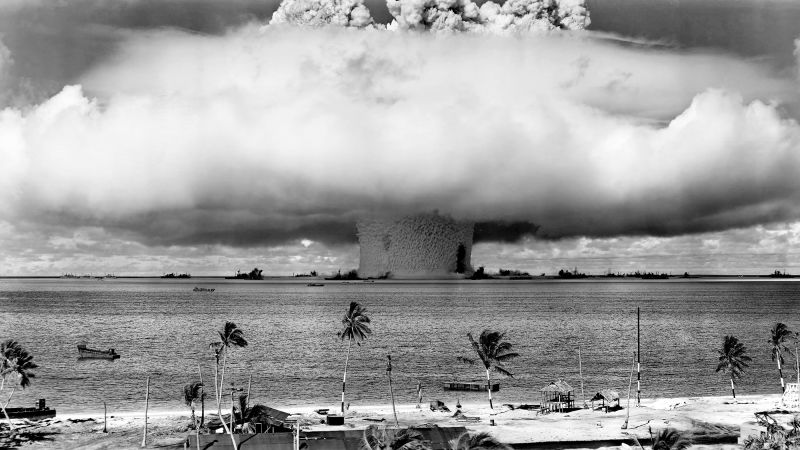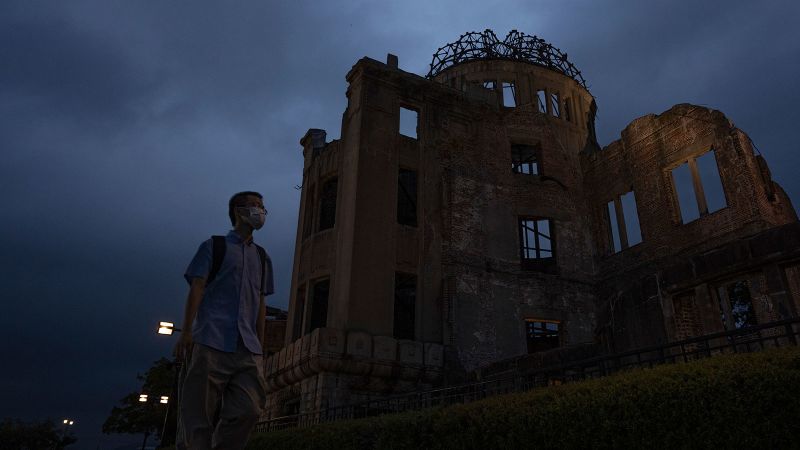
Global Impact of Nuclear Weapons Testing
World | 8/24/2025
More than 2,000 nuclear weapons have been detonated globally over the past 80 years, with the United States, Soviet Union, Britain, France, and China leading the development of increasingly potent nuclear arsenals following World War II. The aftermath of these nuclear tests continues to have lasting repercussions worldwide.
The intense nuclear arms race among these major powers propelled them to conduct numerous tests to bolster their military capabilities. The detonation of over 2,000 nuclear weapons has left a lasting imprint on the environment, human health, and geopolitical landscape, reflecting a period marked by heightened global tensions and military posturing.
The United States, as a key player in nuclear weapons development, conducted a significant number of these tests, contributing to the environmental and health impacts witnessed today. A White House official expressed concerns over the enduring effects of these detonations, highlighting the need for continued vigilance and international cooperation to address the fallout from decades of nuclear testing.
The historical context of post-World War II nuclear proliferation underscores the complex interplay between military strategy, technological advancement, and global security dynamics. Despite efforts to curb nuclear testing through international treaties like the Comprehensive Nuclear-Test-Ban Treaty, the legacy of over 2,000 nuclear detonations serves as a stark reminder of the enduring consequences of the nuclear arms race.
As nations grapple with the legacy of nuclear testing and the challenges posed by existing arsenals, experts emphasize the importance of ongoing monitoring, disarmament initiatives, and diplomatic dialogue to mitigate the long-term impacts of these weapons. The global community continues to navigate the complexities of nuclear non-proliferation, seeking to address the persistent threats posed by the remnants of a turbulent era of nuclear weapons testing.


